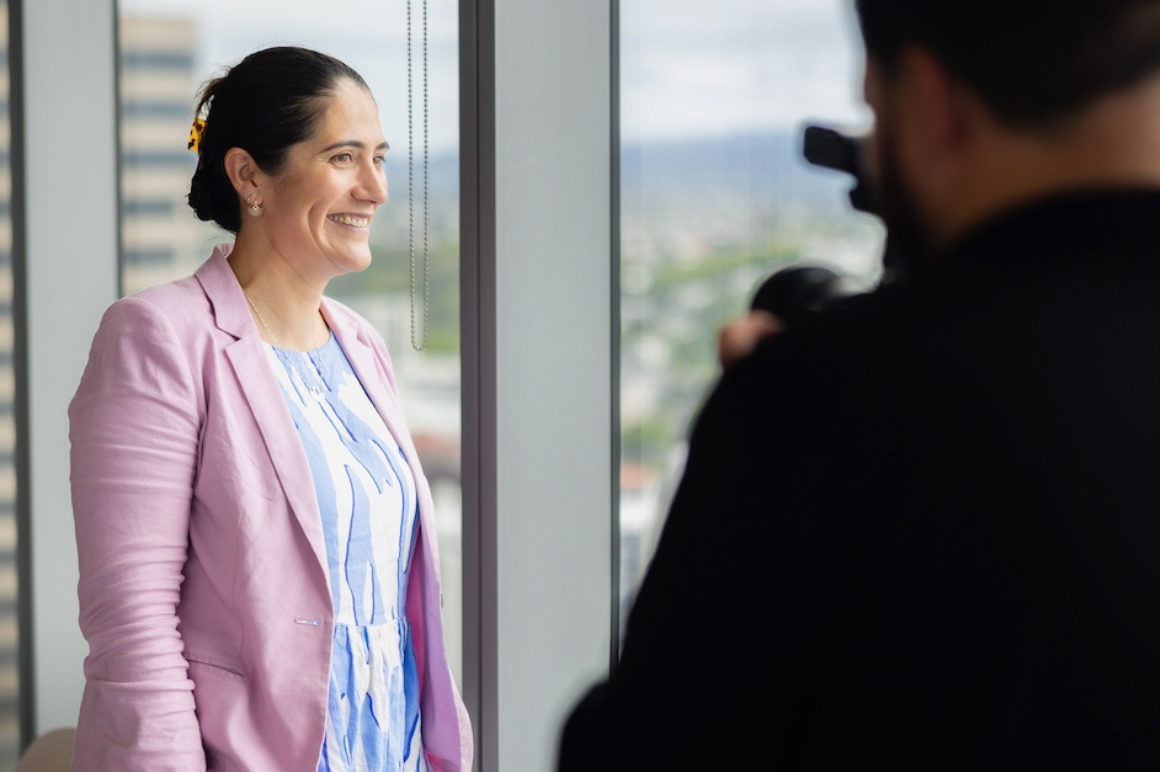In its simplest form, tikanga Māori starts with the question: ‘He aha te mea tika?’ What is the correct thing? From there, context-specific principles grounded in whakapapa and whanaungatanga have formed over the centuries to create a blueprint for living in harmony with one’s environment and community.
“It’s about balance,” says Te Aopare Dewes (Ngāti Porou, Ngāti Rangitihi, Ngāti Whakaue), partner at Chapman Tripp and lead for its Māori legal group Te Waka Ture.
Dewes says growing up witnessing her father Whaimutu’s involvement with Māori fisheries was an education in managing resources with a duty of care “to Papatūānuku, Tangaroa me ngā tamariki katoa”, balanced against the need to use those resources in order for the community to prosper and thrive.
The Wai 262 report, released by the Waitangi Tribunal in 2011, provides in depth commentary about the role and responsibility of tangata whenua as kaitiaki of taonga.
Since then, there have been huge shifts in attitudes to tikanga in Court decisions and in legislation, including the landmark designations of legal personhood to Whanganui River, Te Urewera and Taranaki Maunga. A number of these developments are detailed in Chapman Tripp's recently published report Te Ao Māori Trends and Insights – although many of the reforms it references are now under review by the new government.
“Overall, the changes and the advancement in the courts mean that the status of all of these important bodies increases... What it shows is a maturing of Aotearoa, bringing that status of the environment up, so we’re less dominant from a human perspective.”

Another challenge, she says, especially in the climate space, is trying to dispel the myth that the Te Tiriti o Waitangi principles are all focused on partnership. “From my understanding, that’s not what Te Tiriti o Waitangi meant to Māori when it was signed. It actually means tino rangatiratanga or self-determination.”
She adds that iwi with perceived “big balance sheets” such as Waikato-Tainui and Ngāti Whātua Ōrākei are often expected to use their own funds to establish climate initiatives “if they want to be self-determining”.
“I don’t think that’s correct. The impacts of humanity on the environment have been caused by everyone, so why should Waikato-Tainui use their settlement funds, which they received because of historical breaches by the Crown of the Treaty, to fund these initiatives?
“I do think that the Treaty settlement process has provided infrastructure such that iwi can lobby the Crown to identify steps to be taken to clean up the river or mitigate potential future climate change impacts.”
Lobbying, and being funded by Government agencies to carry out iwi-led initiatives, are ways in which iwi and hapū can (and do) lead in the climate space, she says.
That’s when tino rangatiratanga starts to come to light
Watch the full interview with Te Aopare Dewes here.